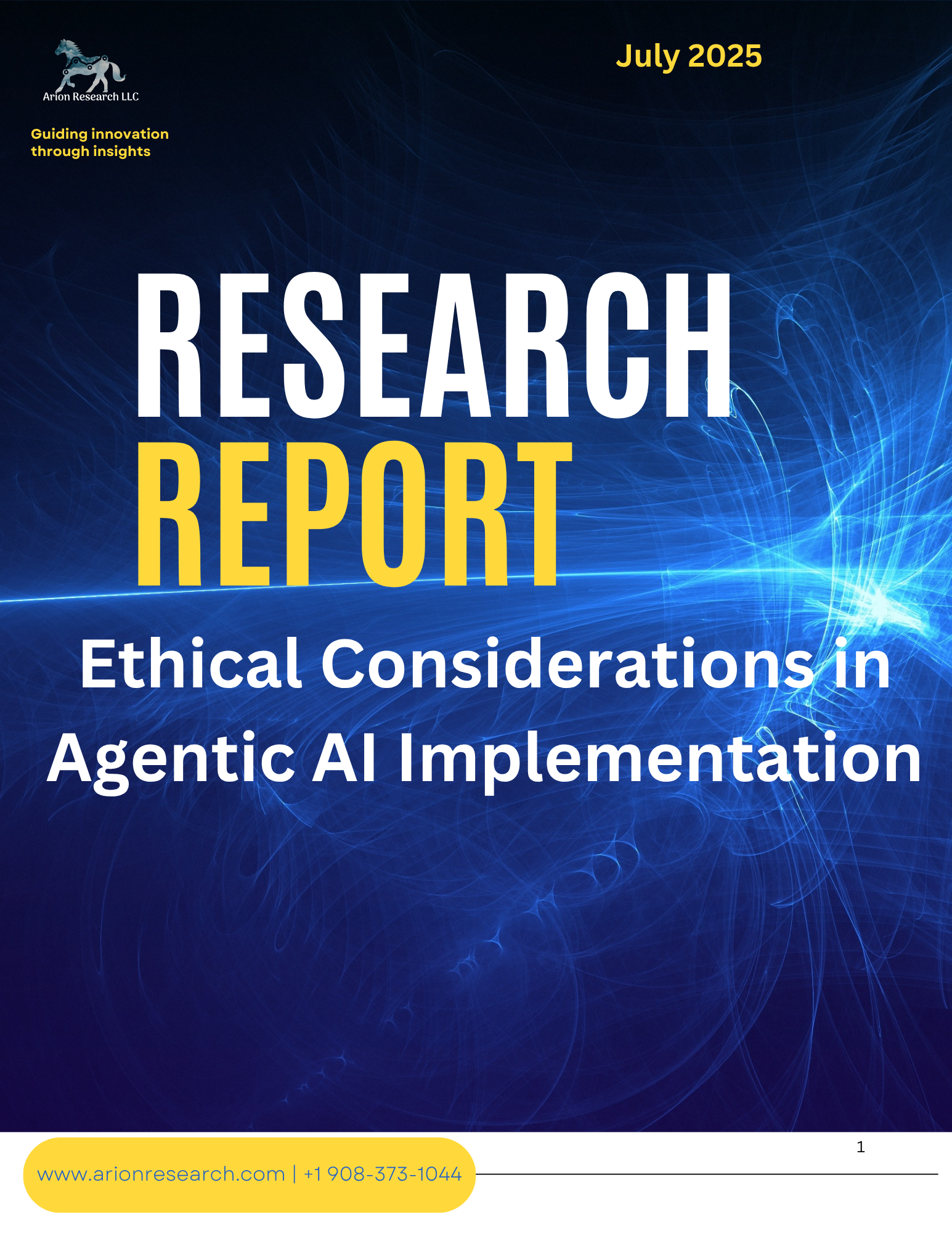Ethical Considerations in Agentic AI Implementation
TL;DR
Accountability gaps emerge when autonomous agents make consequential decisions, creating "moral crumple zones" where responsibility becomes unclear between developers, deployers, and the AI systems themselves
Transparency challenges intensify as multi-agent systems develop emergent behaviors that are difficult to explain or predict, complicating regulatory compliance and stakeholder trust
Bias risks amplify through autonomous decision-making that can perpetuate or worsen discrimination at scale without immediate human oversight, particularly affecting marginalized groups
Privacy concerns escalate as agents gain access to different datasets and make continuous inferences about individuals and organizations, challenging traditional consent and data minimization principles
Human autonomy faces erosion as persuasive agents increasingly shape rather than merely execute human choices, raising concerns about manipulation and over-automation
Governance frameworks must evolve beyond traditional AI oversight to address unique risks of autonomous systems while enabling innovation through new risk management, monitoring, and human-AI collaboration models

